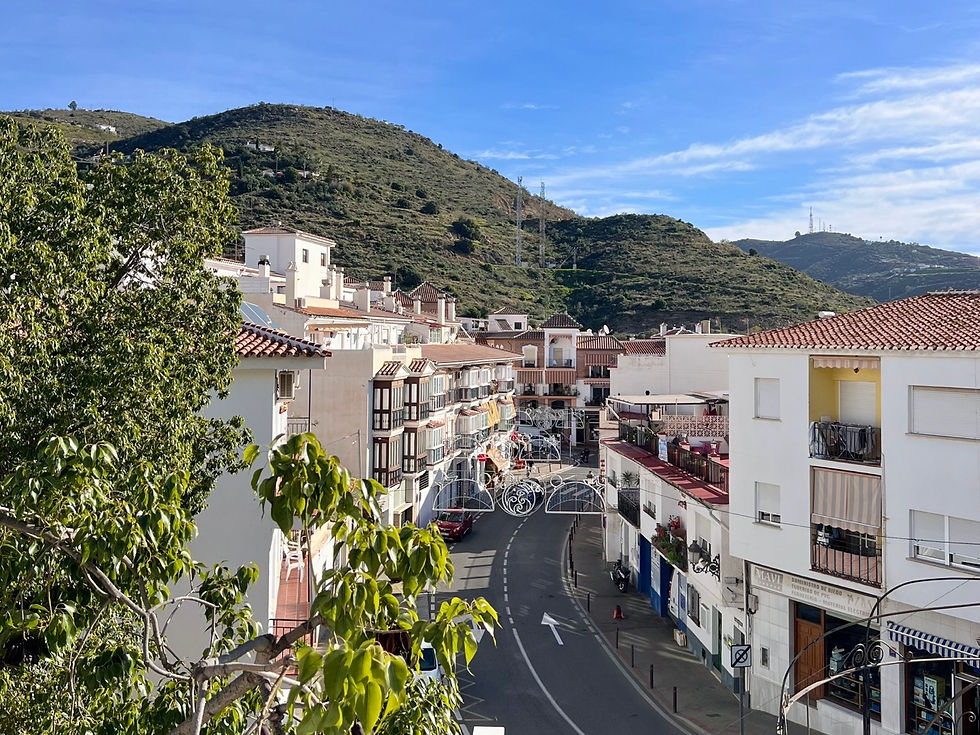New Residency Option for Non-EU Citizens in Spain
- nerjawithsanna
- Feb 10, 2025
- 3 min read
For many years, the Golden Visa was the go-to option for UK citizens and other non-EU nationals looking to secure residency in Spain. However, those days are coming to an end. Spain is set to withdraw the Golden Visa in the coming months, leaving many wondering what alternatives are available for non-European nationals who wish to make Spain their home. Fortunately, the non-lucrative visa offers a great opportunity for those who can meet its financial requirements.

What is the Non-Lucrative Visa?
The non-lucrative visa is a Spanish residency permit designed for non-EU citizens who have enough money to support themselves without working in Spain. This visa is one of the easiest ways to get permanent residency in Spain if you meet the income or savings criteria. You can also bring your family, making it a good option for those looking to move together.
How Does the Non-Lucrative Visa Work?
The non-lucrative visa first gives you a one-year residency permit. If you still meet the financial and residency requirements, you can renew it for another four years. After living in Spain continuously for five years, you can apply for permanent residency, which comes with many benefits.
Financial and Other Requirements for the Non-Lucrative Visa
To qualify for the non-lucrative visa, you must meet the following conditions:
Minimum Income: You must show proof of sufficient funds to support yourself without working in Spain. The minimum required amount is based on the IPREM (Indicador Público de Renta de Efectos Múltiples). As of recent updates, applicants need at least 400% of the IPREM per year, which is around €28,000 annually for a single person.
Additional Family Members: If bringing family members, an extra €7,000–€8,000 per person per year is typically required.
Proof of Funds: This can be shown through bank statements, investment income, or pension payments.
Private Health Insurance: You must have full-coverage private health insurance with a company operating in Spain.
No Criminal Record: A clean criminal record certificate from your home country is required.
Medical Certificate: A doctor’s note confirming that you do not have any diseases that could pose a public health risk.
Benefits of Permanent Residency in Spain
After five years in Spain, you can apply for permanent residency, which gives you a 10-year residency card. With permanent residency, you get access to:
Spain’s public healthcare system
Travel discounts within Spain
Many of the same benefits as Spanish citizens and long-term residents
Residency Requirements and Absence Rules
To get permanent residency, you must have lived in Spain for five years without being away for more than six months in a year. Over the whole five years, your total time away from Spain cannot be more than 10 months. Once you have permanent residency, the rules are more flexible, allowing you to be away for up to 12 consecutive months or a total of six years within the 10-year period of your residency card.
Changes to Absence Rules and Potential Challenges
Before, temporary residency could be canceled if you were away for more than six months in a year. This rule has now changed. However, different immigration offices may interpret the rules differently, which can sometimes lead to expensive and time-consuming appeals if an application is rejected. To avoid issues, it is safest to stay in Spain consistently for the first five years.
A Simple Alternative to the Golden Visa
While the Golden Visa provided an easy way to get residency, the non-lucrative visa is still a strong option for non-EU citizens who meet the financial requirements. By planning carefully and following the residency rules, this visa can help you build a long-term life in Spain, enjoying its culture, warm weather, and great quality of life.
If you’re thinking about making Spain your home, the non-lucrative visa could be your best option.



